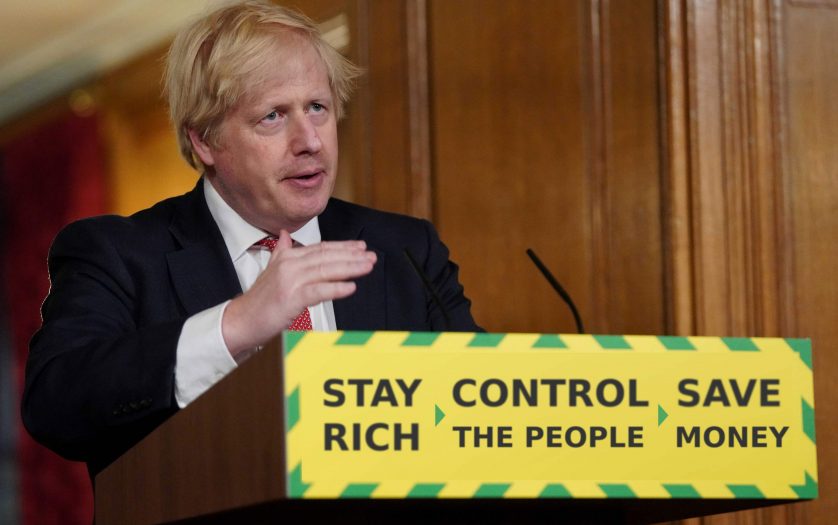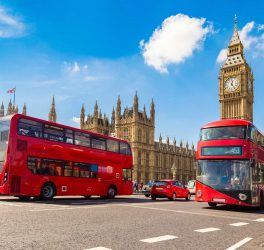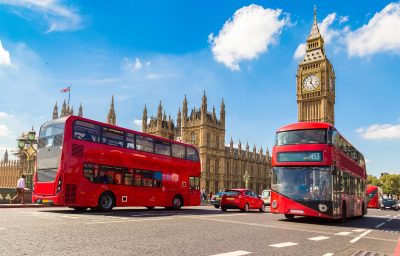
A deaf resident is suing the Boris Johnson government, citing it failed to provide in-room British Sign Language (BSL) interpreters at COVID-19 briefings.
Katherine Rowley, 36, from Leeds, said the government breached its obligations under the Equality Act to make broadcasts accessible to people with hearing disabilities.
Rowley was 25 weeks pregnant when she started the claim for a Judicial Review, which focuses upon two COVID-18 briefings in September and October 2020.
There was no sign language interpreter at all, either in-person or included in the broadcasting of these two briefings.
Rowley said the stress she suffered in being unable to access government information during the briefing, impacted her pregnancy and her overall wellbeing.
Speaking to the BBC through an interpreter, Rowley said, “It was frustrating. Why wasn’t there an interpreter on the television…It’s important to get that information…I feel ashamed – I’m deaf, I can’t access information.”
Catherine Casserley, lead of Rowley’s legal team, argued there has not been a BSL interpreter present in the room with the speakers at any of the UK government COVID-19 briefings in England, unlike in Scotland and Wales.
She said providing in-room interpretation is more inclusive because it means the sign language is visible wherever and whenever footage of the briefing is shown.
Rowley seeks compensation for injury to feelings.
Zoe Leventhal, head of the government’s legal team, said the claim should be dismissed and that “damages for injury to feelings” were “not merited here.”
Justice Fordham, who oversaw the online trial with sign language interpreters, said he would deliver a ruling at a date to be determined later.
There are approximately 70,000 people with hearing disabilities in England who use BSL.
Solicitor Chris Fry said he is also representing 350 other deaf people who have made similar claims, but their cases are on hold pending judgement of the Rowley case.
Many who use BSL as their first language cannot rely on subtitles because the average reading age for deaf people is nine years – much lower than those in the hearing population.
“I have dyslexia myself – I am a slow reader – so that means when I was reading the subtitles, I would miss so much information and [it] would just mess up my head. It would be so difficult – it became impossible,” Rowley told the BBC.
Lynn Stewart-Taylor launched a Twitter campaign #WherestheInterpreter after the first COVID-19 briefing in March 2020.
“Lots and lots of other countries have managed to get the interpreter in the same room. It’s accepted that members of the deaf community get the information at the same time as the hearing members of the community.
“We seem to be the only country that haven’t been able to make that happen and we feel very separated and segregated.
“We don’t feel accepted, we don’t feel that our language is respected and recognised. It’s almost as if we don’t exist,” she expressed.
A government spokesperson said, “We are committed to supporting disabled people through every stage of this pandemic and have established BSL interpretation at the No 10 press conferences via the BBC News Channel and iPlayer, available on all TV packages as part of Freeview.
“The BBC has also made their video feed for the BSL interpreter available to all other broadcasters and for use on No 10 social channels.”
But people with hearing disabilities emphasise that having an in-person interpreter at briefings avoids any technical issues and ensures that a BSL-interpreted version is available on any channel.








